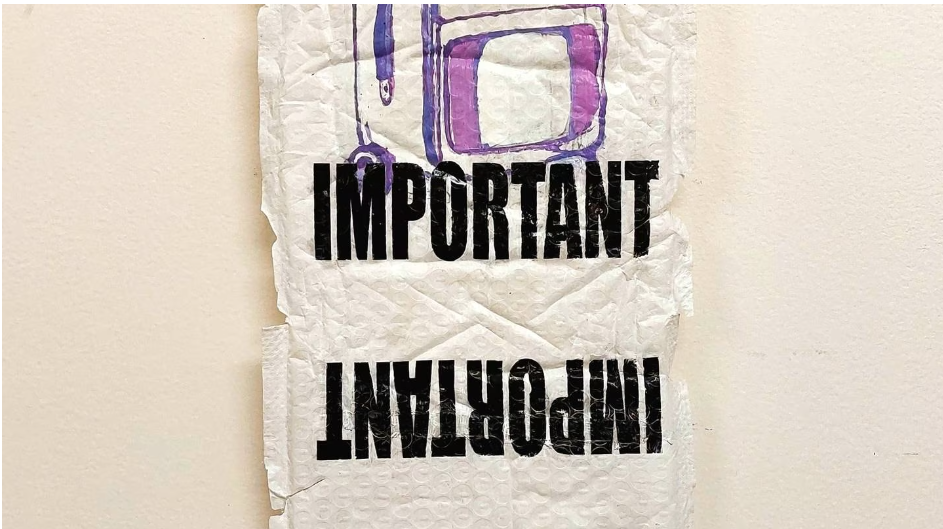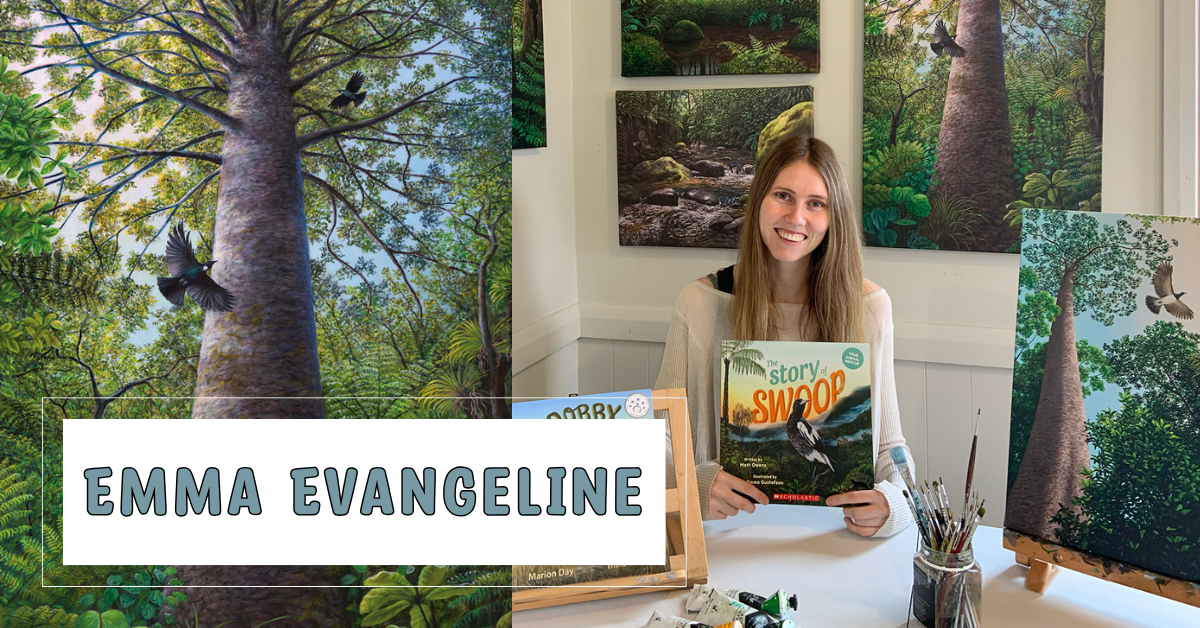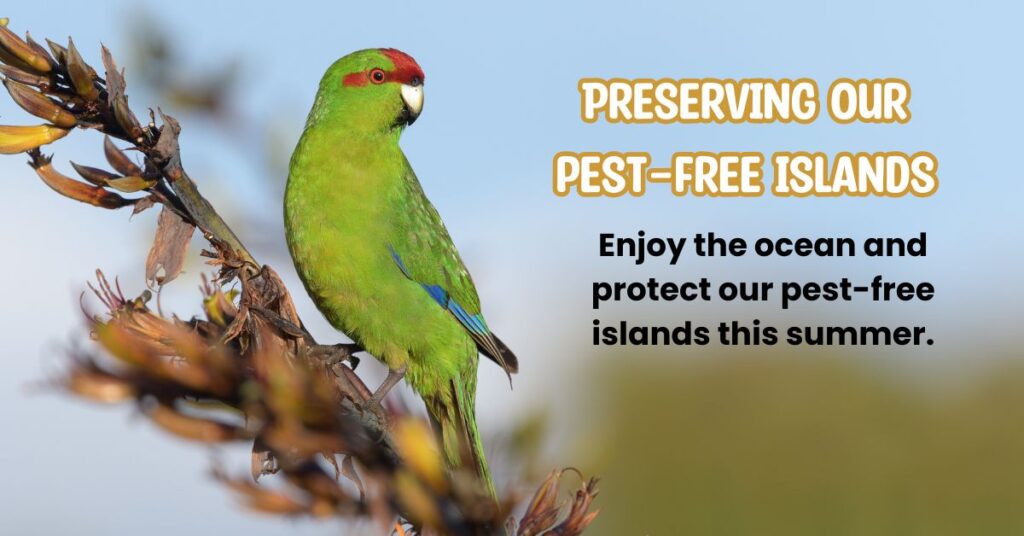
Summer in the Coromandel is hard to beat. Whether you’re enjoying the stunning coastline or cruising the sparkling waters, you may notice some picturesque islands and interesting rock stacks along your way.
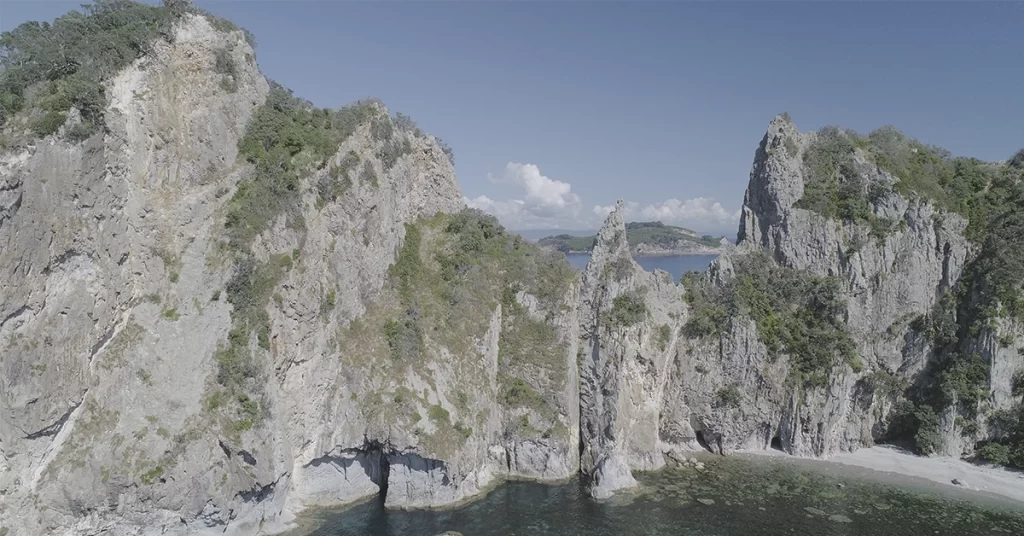
On the eastern side of the Coromandel Peninsula, the Mercury Islands group (Whakau/Red Mercury, Korapuki, Green, Ātiu/Middle, Kawhitu/Stanley, Moterehu/Double), Repanga/Cuvier Island, and Ruamaahu/Aldermen Islands and their associated rock stacks are pest-free nature reserves, closed to the public to preserve their biodiversity. The Ohinau Islands are privately-owned by Ngāti Hei. These islands are pest-free and strictly no landing to preserve their biodiversity. The privately-owned Ahuahu/Great Mercury Island is also pest-free.
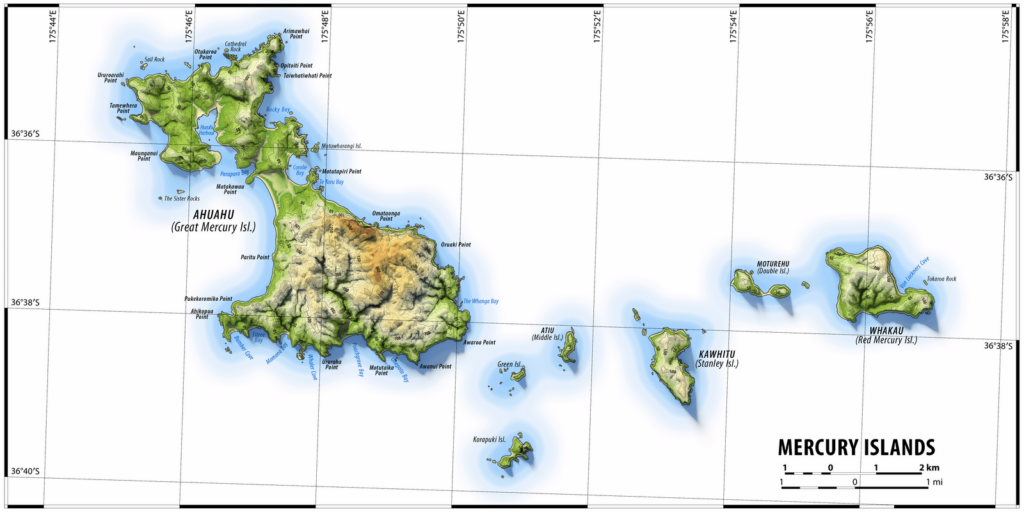
Map of Mercury Islands. Credit: Vallee – Own work, CC BY-SA 4.0
These islands provide sanctuaries for indigenous and rare species that are extinct on the mainland, including a variety of native lizards, birds and insects and plants.
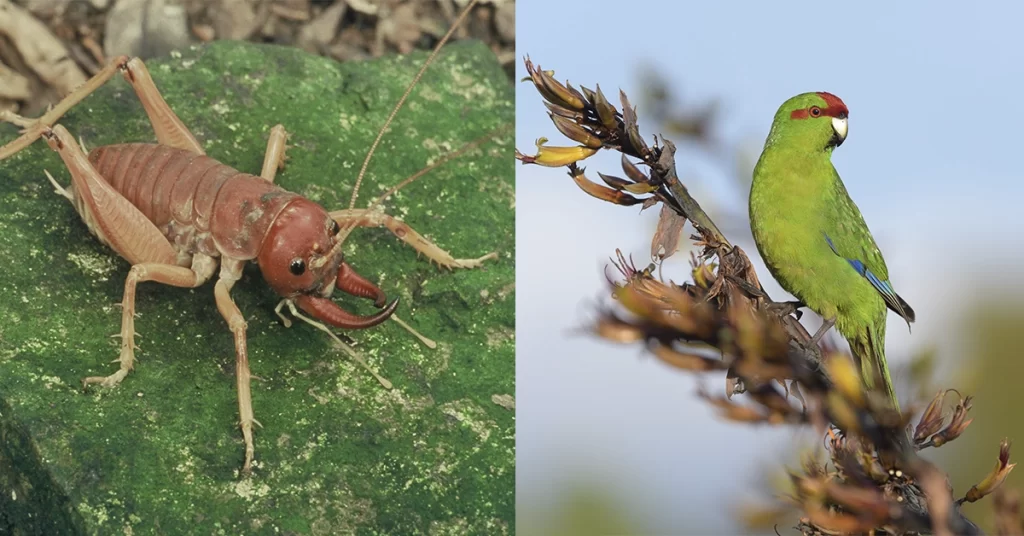
While it may be tempting to land on islands and rock stacks, unauthorised landings on nature reserves are an offence under the Reserves Act 1977. To keep these areas as close to their natural state as possible, people wanting access must have a DOC permit and follow strict biosecurity protocols.
It’s good practice not to land on any offshore island, to keep these ecosystems undisturbed.
Claire Wooldridge-Way, DOC Island Biosecurity Advisor says unauthorised landings threaten the preservation of these precious ecosystems.
“The smallest exotic seed or a single rodent can pose a huge threat to offshore islands. This is why checking and cleaning your gear, vessels and not landing on these islands is so important. Rock stacks can also act as a stepping stone to islands for any stowaway pests, so don’t land on these,” says Claire.
Incursions (when pest species arrive on a pest-free island) can devastate the plants, animals, cultural heritage, and mauri (life force) of these islands.
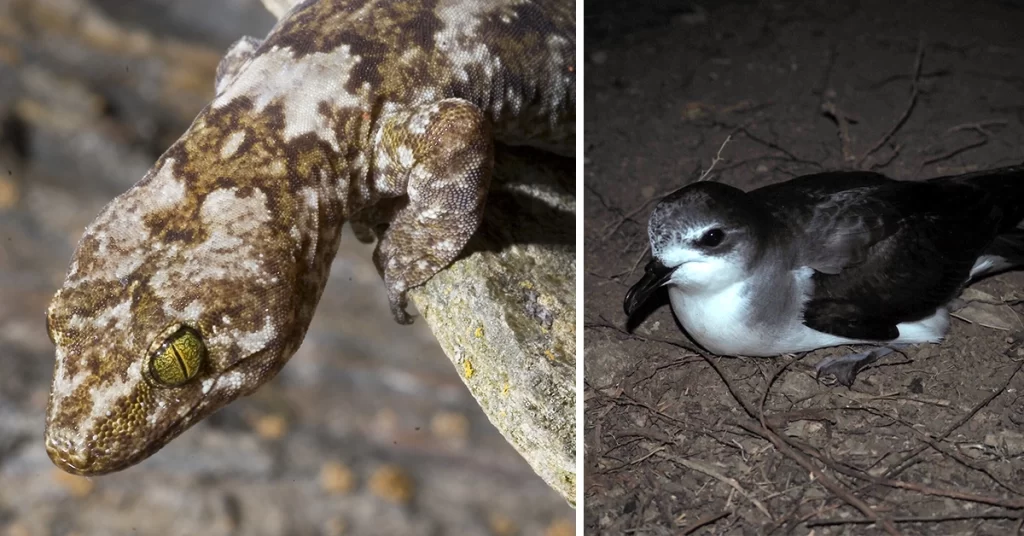
“Incursions can cause significant damage, like species loss, and also come with a high financial cost. A recent rat eradication of a single rat on Motutapu Island cost $50,000, excluding staff time, to restore its pest-free status.”
To maintain their pest-free status, these islands are constantly monitored by DOC staff and specially trained Conservation Dogs with their handlers.
You can still admire the beauty of these islands from a distance. If you’re boating near them, make sure to not run lines ashore or anchor too close, as rodents can easily make the swim.
- Rats are regularly being found to swim up to 1 km.
- Mice can swim 500 m, but they can also float for several days.
If you’re heading out on a boat or kayak, make sure your vessel is clean before you leave the shore.
- Check – your vessel and your gear for pests such as rodents and insects, if you find one, don’t go out until you are sure there are no more
- Clean – footwear and gear, ensuring no critters are hidden and removing soil and seeds, as these can blow off your boat onto the islands
- Close – ensure your gear is zipped up (no open bags); this ensures critters don’t climb in for a ride, and rubbish can’t escape.
- Report – if you see anyone landing on a pest-free island, call 0800 DOC HOT (0800 362 468).
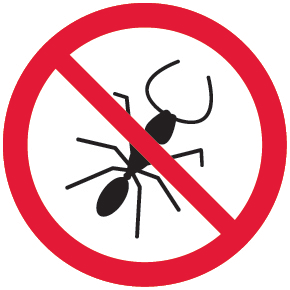
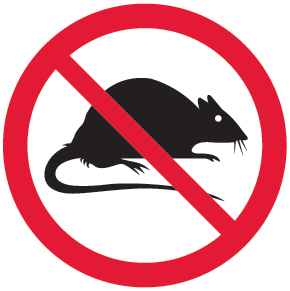
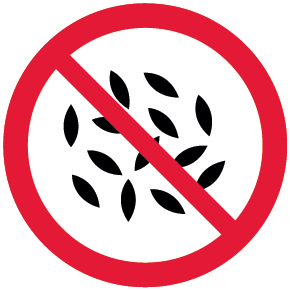
These are simple steps you can take to protect rare species and offshore island ecosystems.
Photo credits: © Brett Robertson, James Reardon, Leon Berad, Amy Blair
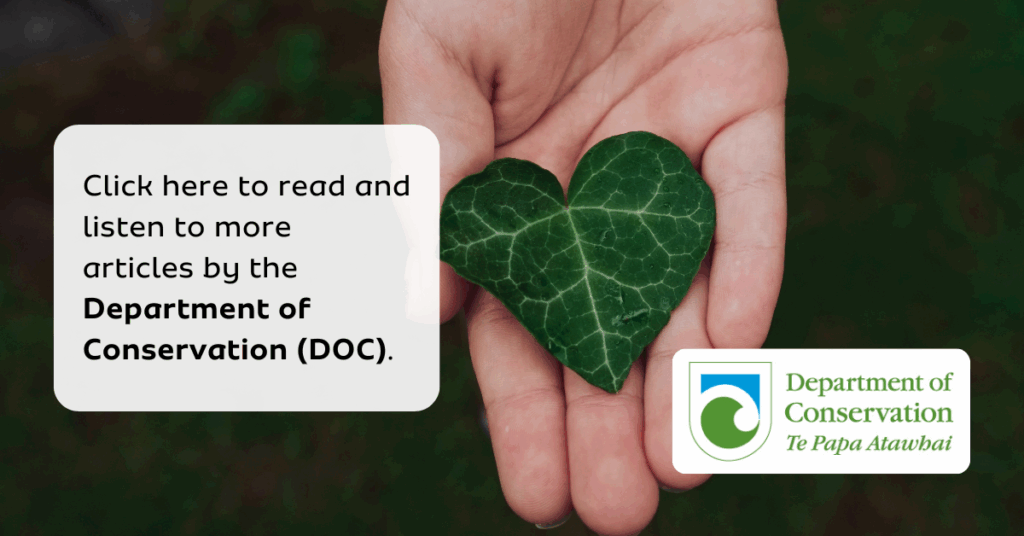
Coromind: Coromandel’s Collaborative Magazine

Help us take Coromind Magazine to new heights by becoming a member. Click here
Change the Weather for Your Business: Advertise with Us.
Advertise your business in the whole Hauraki Coromandel in the coolest Coromandel Art Magazine, from Waihi Beach/Paeroa /Thames up to the Great Barrier Island.
Advertise Smarter, Not Harder: Get in Touch



